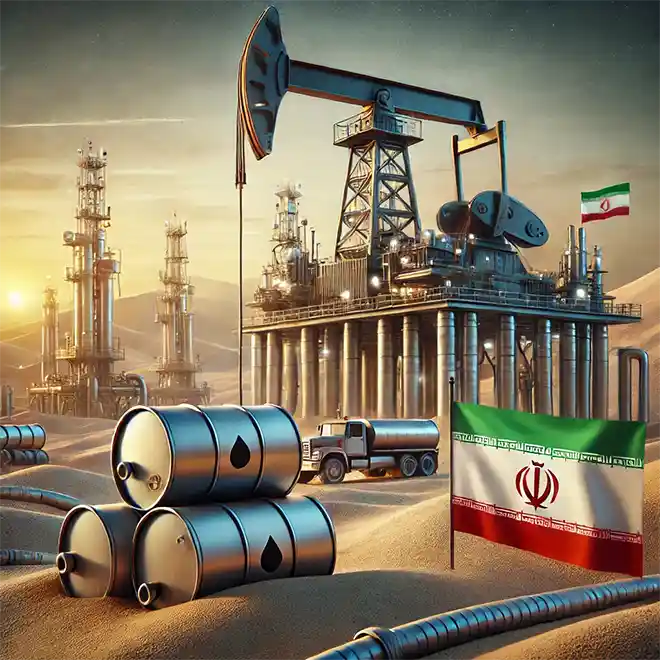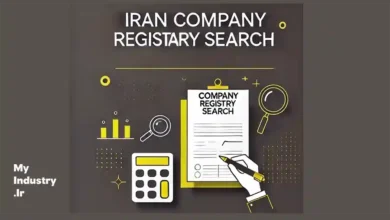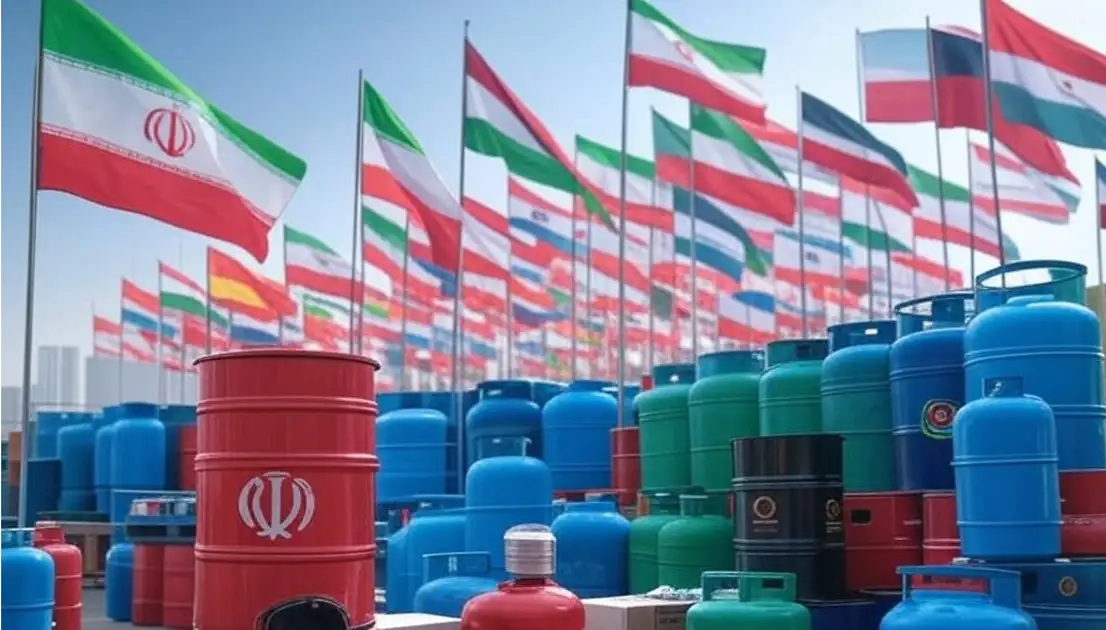Is it legal to do business with Iran?
Trade with Iran: Legal for Most, Restricted for Some

When asking the question, “Is it legal to do business with Iran?”, it’s important to understand that the primary restrictions apply to U.S. companies and entities with significant ties to the U.S. financial system. However, for most countries and companies around the world, conducting business with Iran is entirely legal. Many nations continue to engage in trade with Iran, leveraging exemptions and legal frameworks that allow them to bypass U.S. sanctions.
Key Countries Engaging in Trade with Iran
Countries like the UAE, India, Oman, Qatar, Iraq, Bangladesh, Pakistan, Russia, Turkey, Bulgaria, Serbia, Germany, and even Saudi Arabia maintain active trade relationships with Iran. For instance:
- UAE serves as a major hub for transiting goods such as consumer electronics and heavy machinery into Iran. Iran, in turn, exports petrochemical products, minerals, and handmade goods to the UAE.
- India has been a significant buyer of Iranian oil and continues to export key products like rice, tea, and pharmaceuticals. Iran exports petrochemicals and raw materials to India, maintaining strong ties despite sanctions.
- Iraq imports electricity and gas from Iran and serves as a market for Iranian consumer goods like food, household items, and building materials. Iran also participates in infrastructure projects within Iraq.
- Russia and Turkey are key trading partners, with exchanges of agricultural products, machinery, and energy. Turkey also imports pistachios, saffron, and petrochemicals from Iran.
Case Examples of Legal Trade with Iran
- Siemens (Germany), a major global engineering company, has participated in Iranian infrastructure projects, supplying equipment for power plants.
- Pakistan and Bangladesh import Iranian raw materials and agricultural products like fresh fruits and dried goods, while also exporting food products and pharmaceuticals to Iran.
- Turkey continues to be a key destination for Iranian energy exports while supplying Iran with clothing and electronics.
How U.S. Sanctions Impact Business with Iran
While U.S. sanctions limit American companies from engaging directly with Iran, many exceptions exist, particularly for humanitarian goods, such as pharmaceuticals and agricultural products. Moreover, companies outside the U.S., with limited or no ties to the U.S. financial system, are free to trade with Iran within the legal frameworks of their own countries.
Exemptions from U.S. Sanctions
A wide range of companies and individuals are exempt from U.S. sanctions against Iran, and many countries legally engage in trade with Iran without facing repercussions. A detailed list of exemptions and the entities allowed to trade with Iran is available through public resources, such as this link.

In summary, for most businesses around the world, trading with Iran is legal and ongoing. The restrictions are predominantly centered around U.S. companies and those with significant U.S. financial exposure. Many countries, particularly in the Middle East, Europe, and Asia, continue to leverage legal routes to maintain and grow their trade relationships with Iran.








